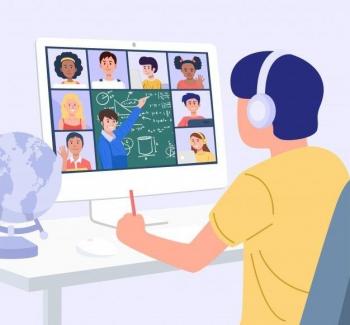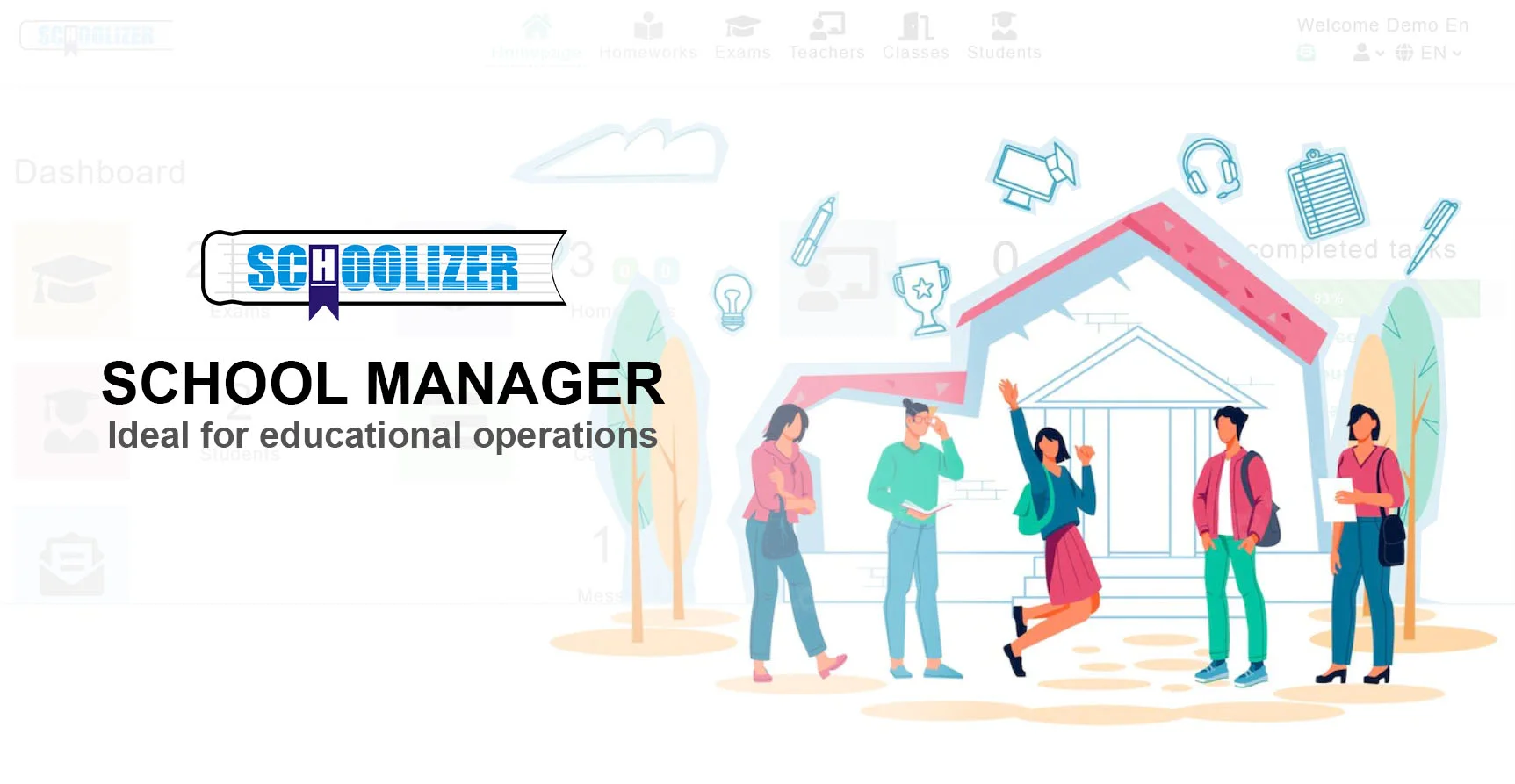Breaking Down the Latest Trends in Education Research

What’s New in Education Research? Key Insights and Trends
Education research is constantly evolving, shaping how we teach and learn. But what are the latest breakthroughs? Why do they matter, and how can educators apply them in real-world classrooms? This article dives into the most compelling findings from recent studies, offering actionable insights for teachers, policymakers, and parents.
The Growing Importance of Evidence-Based Teaching
Education is no longer just about intuition; it’s increasingly driven by data and research. Studies now highlight which teaching methods yield the best results, helping educators refine their approaches. For instance, a 2023 meta-analysis found that active learning techniques improve retention rates by up to 30% compared to traditional lectures.
Real-world example: A school district in Ohio implemented structured peer discussions in math classes, leading to a 15% increase in standardized test scores within a year. This demonstrates how research-backed strategies can directly enhance learning outcomes.

The Rise of Social-Emotional Learning (SEL)
Academic success isn’t just about cognitive skills—emotional intelligence plays a crucial role. Recent studies emphasize that SEL programs improve not only behavior but also academic performance. Students in schools with strong SEL frameworks show higher graduation rates and better problem-solving abilities.
Practical application: A middle school in Texas introduced daily mindfulness exercises and conflict-resolution workshops. Within two years, disciplinary incidents dropped by 40%, while reading proficiency rose by 12%.

Technology in Education: Benefits and Pitfalls
Digital tools are transforming classrooms, but research reveals a mixed picture. While adaptive learning software personalizes instruction, excessive screen time can hinder deep learning. A 2023 Stanford study found that blended learning—combining tech with hands-on activities—produces the best results.
Example: A high school in California used AI-powered tutoring for math alongside group projects. Students using this hybrid model scored 20% higher than those relying solely on digital tools.

Addressing Learning Gaps Post-Pandemic
The pandemic widened educational disparities, but research offers solutions. Intensive tutoring, especially in early literacy and numeracy, has proven effective in closing gaps. Studies show that small-group tutoring sessions can help students regain up to five months of lost learning.
Case study: A nonprofit in New York provided one-on-one reading support to struggling elementary students, resulting in 65% reaching grade-level proficiency within a year.

The Future of Teacher Professional Development
Effective teacher training is critical, yet traditional workshops often fall short. New research advocates for ongoing, job-embedded coaching. Teachers who receive regular feedback and collaborative planning time show greater improvements in classroom effectiveness.
Real-world success: A district in Florida replaced annual training seminars with biweekly coaching sessions. Over three years, student engagement scores increased by 25%.

Conclusion: Translating Research into Practice
The latest education research underscores the need for flexible, evidence-based strategies. From SEL to targeted tutoring, these findings provide a roadmap for improving outcomes. The challenge now is implementation—ensuring that insights reach classrooms where they can make a difference.







